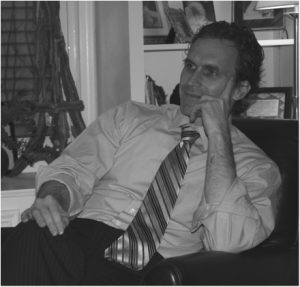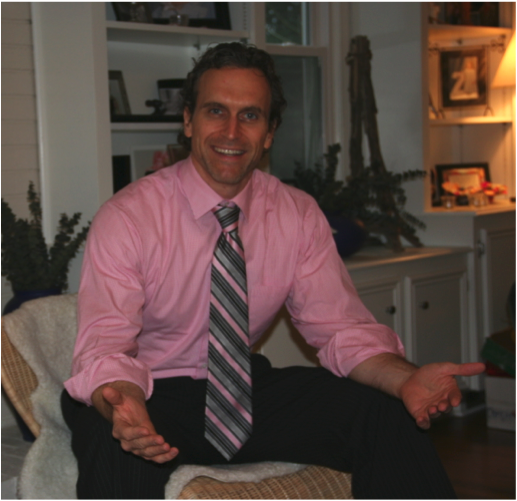
We all know that hoping for change, but continuing to do things the way we’ve always done them, doesn’t work. “Blue Jolts” are short but powerful tidbits intended to give your brain the necessary jolt to “jump the tracks,” challenge what you’re doing and find better ways to make great things happen. Enrich and “be enriched” by starting or joining a discussion below to exchange perspectives.
“It is true that candid comments definitely freak people out at first….My bosses cautioned me about my candor. Now my GE career is over, and I’m telling you that it was my candor that helped make it work.” (Jack Welch)
- Where do you fall on the “candor scale?”
- Why not be completely candid about that situation that is on your mind? Consequences?….Short term? Long term?
- What can you do to foster an “atmosphere of candor” in your organization?
- Do we need to pay attention to “constructive candor” or does candor “stand on its own”?
Be jolted…





Candor can be tough to exercise in so many situations, personal as well as professional, and I’ve struggled with it many times. I do believe that it has to be exercised with caution and with a certain amount of tact — embarrassing someone in a group setting with a candid statement does no one any good, for example. But, often, I’ve opted to say nothing or to muddle through a contentious point where there was an opportunity for candor simply to avoid the conflict. And that’s not good, either. Avoiding conflict at all costs is cowardice and failing to speak up when I have something to say, even if I know it may not be received well, deprives the other person of what I have to offer — my opinion. When the situation is right, however, I’ve made strides in speaking my mind and have always felt better for it. The struggle continues, of course, but, as with any principle, it’s when it’s the hardest to do that it’s the most worthwhile.
Hello Christopher,
Thanks for the honor of your comment. I appreciate it. I completely agree that candor has to be exercised with caution…nevertheless, exercised consistently to gain skill in using it. I also believe there is a difference between being candid and being blunt. The former emphasizes “clarity” whereas the latter emphasizes “force.” From firsthand experience in “corporate America”, I know how often resources are wasted in “posturing” when so much of it could be saved if we could only cut to the chase. I’m on a learning curve as well and have frequently fallen off the “candor road” into either the “ditch of silence” or the “ditch of bluntness.” We’re all a work in progress. The main thing is to keep learning. Thanks for being a companion on that journey by taking your valuable time to express yourself. Again – I appreciate it!
Johannes
Hi Johannes!
First, congrats on starting this project, and good luck.
Second, I respond to Neutron Jack’s quote, and the relationship of candor to culture. Candor is vital in any healthy relationship – professional or personal. The weakness in execution of strategies where I am (Central Asia, still!) is due to lack of candor – and the fog which is created to cover failure. Perhaps in one of your future posts you can address the importance of ‘failure’ and the perception of ‘failure’ versus learning, as it relates to leadership and candor.
Best regards
Brian
Thanks Brian for your very insightful comment. Your observation of the cultural dimension/difficulty is also very good. While there are clearly cultures that are more/less comfortable with candor it is also stronlgy dependent on company culture. In Jack Welch’s book, Winning, he highlights the fact that many companies struggle in this area. One of his main points is that leadership/management needs to set the example by doing it themselves and celebrating it. It is one of the most effective ways to signal to the organization that candor is not only “safe” but needed.
Also like your idea on a post focussed on the relationship between failure and learning. I’ll add it to the list! Thanks again. Keep providing me feedback. I need it! //JM//
Did you write this one for me?
1) Pretty darn candid
2) My problem with candor is other people’s reactions
3) NO PENALTIES – You have to be able to express yourself in a ‘judgement free’ zone
4) I think candor stands on its own. It’s typically so clear it doesn’t need any help.
Nice quote…makes me ready to go be (more) candid…look out world
I had to smile when I saw your reply since I actually thought of you when I was creating the post. Totally agree that a “no penalties” environment is needed to encourage candor. Welch has a great chapter on this topic in his book “Winning.”